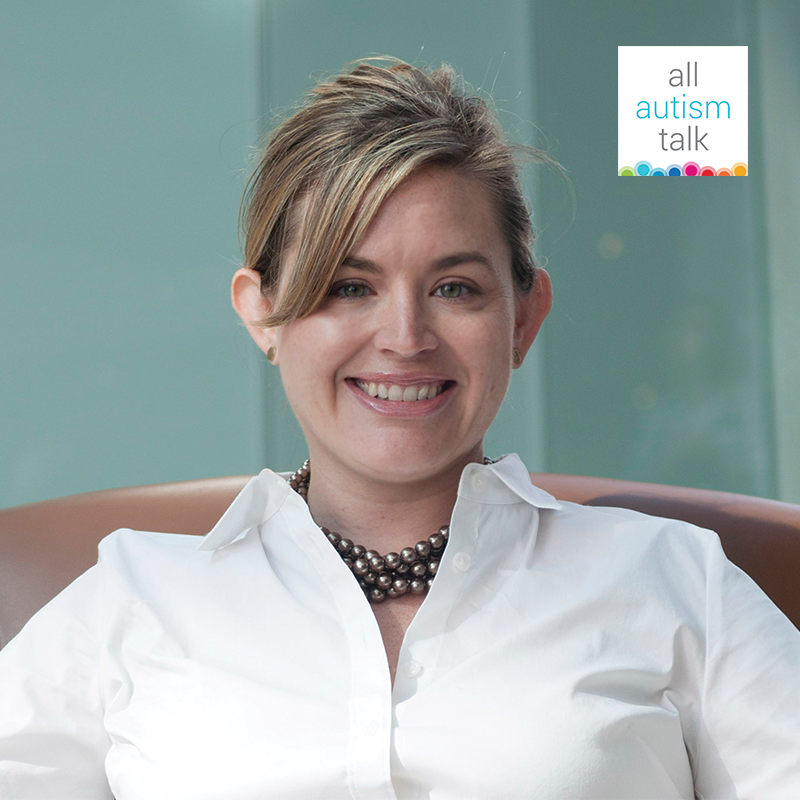When it comes to parenting, the unknown can be one of the hardest parts. Worries creep in if you suspect something’s wrong with your child’s development. If you think your child may be showing signs of autism, there’s no guidebook to tell you what to do next.
It’s natural to feel overwhelmed. The process gets easier when you know what to expect.
If you’ve found your way to this post, you’ve likely taken the first step: questioning whether your child shows signs of autism.
Recognizing this possibility is a significant and sometimes challenging move. Rest assured, you’re not alone. This guide is here to provide you with valuable insights and support as you navigate through this process.
Understanding Autism
Autism spectrum disorder (ASD) affects how a person interacts, learns, and behaves. Everyone on the spectrum is different. Signs of autism usually start showing up when a child is very young.
Recognizing the Symptoms
Autism symptoms can be different for everyone. If your child is not growing or learning like other kids their age, or if they have any of the following signs, you might want to talk to your pediatrician:
- Not smiling at others by six months
- Not gesturing or pointing to communicate by 12 months
- Not babbling by 12 months
- Not using single words like “no,” “mama,” “dada” by 16 months
- Not using two-word phrases like “want cup,” “go play” by 24 months
- Not responding to sounds, voices, or their own name by three years
- Poor eye contact by three years
- Little interest in other children or caretakers by three years
- Losing skills they once had at any point by three years
The Diagnosis Process
Getting a diagnosis of autism starts with an evaluation. Experts will examine how a child behaves and will look at their past development. If your child’s pediatrician thinks it might be autism, they’ll send your child to an expert for a closer look. This process includes:
- A parent interview
- Review of medical, psychological, and school records
- Assessment of cognitive, developmental, and adaptive functioning skills
- Observation of your child during play
What Happens Next?
After an autism evaluation, our team of specialists will review and interpret the results. If your child is diagnosed with autism, our team will work with you to create a personalized treatment plan. This plan includes therapies to help improve communication, social skills, and behavior.
At LEARN, we work with families on a plan tailored to your family’s needs. We will adjust the treatment plan as needed. We’ll also provide you with resources and support.
Whether you’re just noticing signs or you’re already deep into the diagnosis process, our team is here to help. We know that recognizing and diagnosing autism can be challenging. But with the right support and guidance, you can navigate it confidently.









